About
Photos and videos
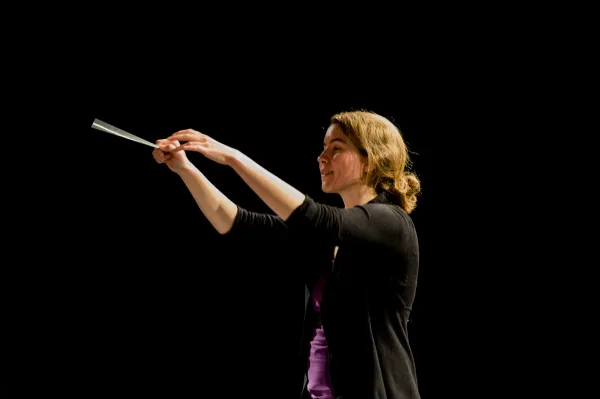
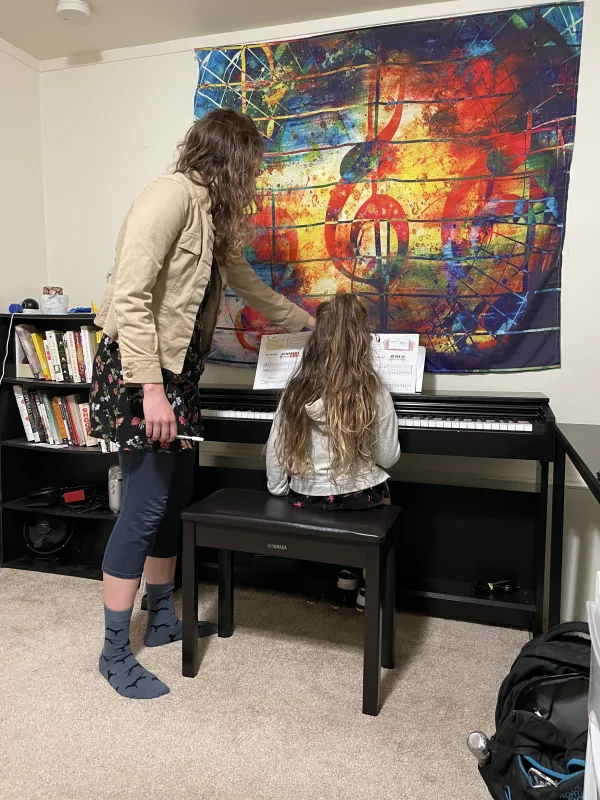
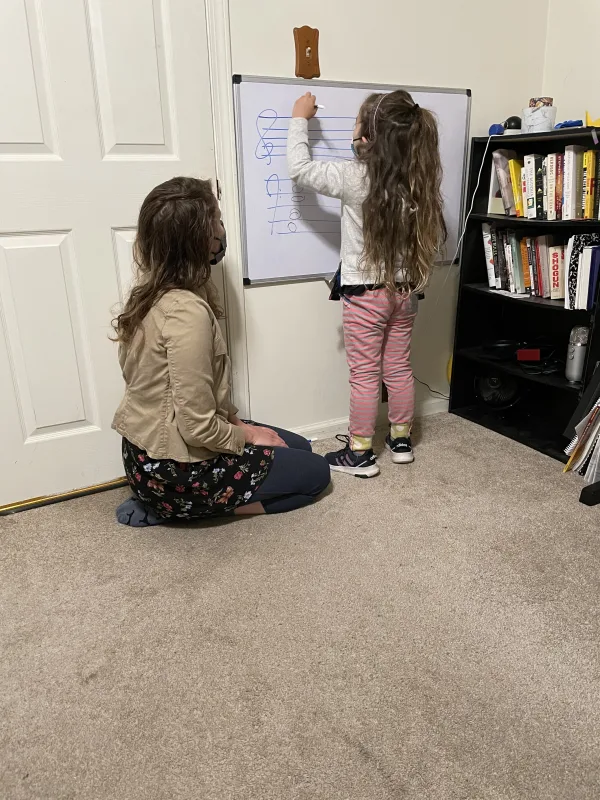
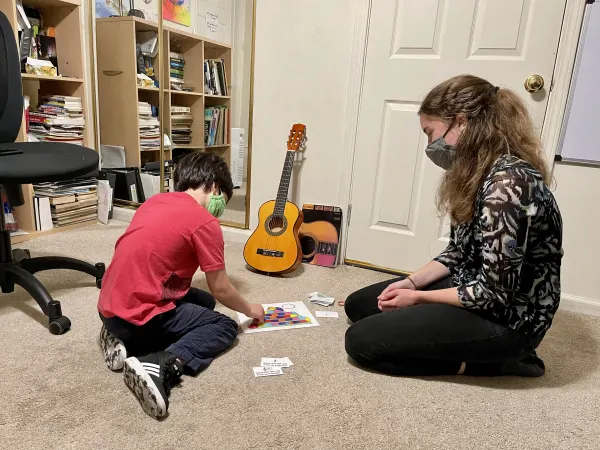
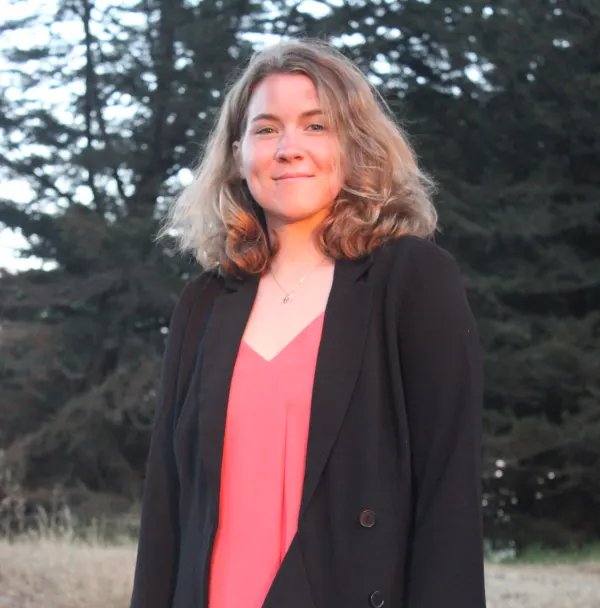

Reviews
Soumasish G.
Joohee Y.
Mish A.
Chad R.
Analucia C.
Natalie R.
Frequently asked questions
What is your typical process for working with a new student?
1) Assess their experience level based on their age and whether they have taken lessons before. Try to gauge where they're coming from in terms of pre-existing interest and how much time they will realistically have to practice.
2) Do a "piano tour" if new. Ask them about high notes, low notes, groups of 2 and 3 black keys, and letter names of the keys.
3) Ask music theory questions on the whiteboard. Can they read rhythms yet? If I play a simple rhythm, can they write it down?
4A) Based on this assessment and how quickly they pick up on new information, pick a method book. I choose between Musicolor (color-based, for 5 and under or if they are intimidated by music theory), one of the Piano Adventures (My First Piano/Primer/Level 1/Accelerated), Wunderkeys (for my rock/pop enthusiast students who don't like methods using a classical-sounding approach), and John Thompson or Keith Snell for kids/adults with a bit more experience.
4B) Some students have very specialized interests like singer-songwriting and little interest in learning piano for the sake of learning piano. For these students I'll design a curriculum around their interests--to gradually develop some technical skill, without sacrificing their primary motivation for picking up the instrument.
5) Check in and adjust course whenever necessary! Students can drop as early as a month-in if the teacher isn't aware of how they need to be adjusting their approach. Some students aren't vocal about what they know and don't know--and sometimes you might even be requested to teach them a song significantly above their skill level. When its too hard, too easy, or not the kind of music they want to play, they're the highest risk of not practicing and eventually dropping out.
What education and/or training do you have that relates to your work?
Bachelor of Arts (Music). Master in Music Composition. Professional training by working for Myriad Music School, Village Music School, and Vibo music school for multiple years. I auditioned on piano for my Composition studies program at San Francisco Conservatory of Music, with the repertoire including one of my own pieces. I play piano to compose and record my own music, and update my youtube channel with favorite pieces by other composers too on occasion. I played trumpet in various genres for 20 years all throughout school as well as professionally and I continue to play.
Do you have a standard pricing system for your lessons? If so, please share the details here.
My rate depends on the area in which a student lives. I charge $70/hour in Chico, and $105/hour for the Bay Area, for example. My students pay monthly. When sick or absent, we schedule a makeup lesson. If I have to miss and a makeup lesson is not possible to schedule, I will refund or give a credit towards next month (depending on how close the next payment is).
How did you get started teaching?
I started teaching trumpet private lessons in highschool. I also led group sectionals, where I needed to give individual and group guidance. I continued teaching trumpet lessons and given trumpet sections during my undergraduate degree, and become a Japanese tutor at the Student Learning Center at my university. Then I moved to San Francisco and started teaching piano lessons while going to school for my masters degree in composition four years ago. I was so impressed by the viability of private teaching as a career path financially and in terms of personal fulfillment that I took it seriously post-graduation as a means of supporting myself.
What types of students have you worked with?
Kids ages 5+ and adults. I've worked with shy personalities, creative and bombastic personalities, fast-learners, slow-learners, persistent and confident learners, easily discouraged and super sensitive learners. I've taught 5 year old students who are just learning what a quarter note is, and 20+ year-old students who are learning to analyzer harmony.
Describe a recent event you are fond of.
The premiere of my most recent commission "Bustling Ethernet", a saxophone quartet. Writing the piece took 1-2 months. You can find it on my website on the "composition" page.
What advice would you give a student looking to hire a teacher in your area of expertise?
The best performers are not always the best teachers. Patience, kindness, humor, and person-ability mixed with firmness, clarity, and concise consistency are very important qualities in a teacher.
What questions should students think through before talking to teachers about their needs?
What music do you already enjoy? Why are you interested in learning piano?